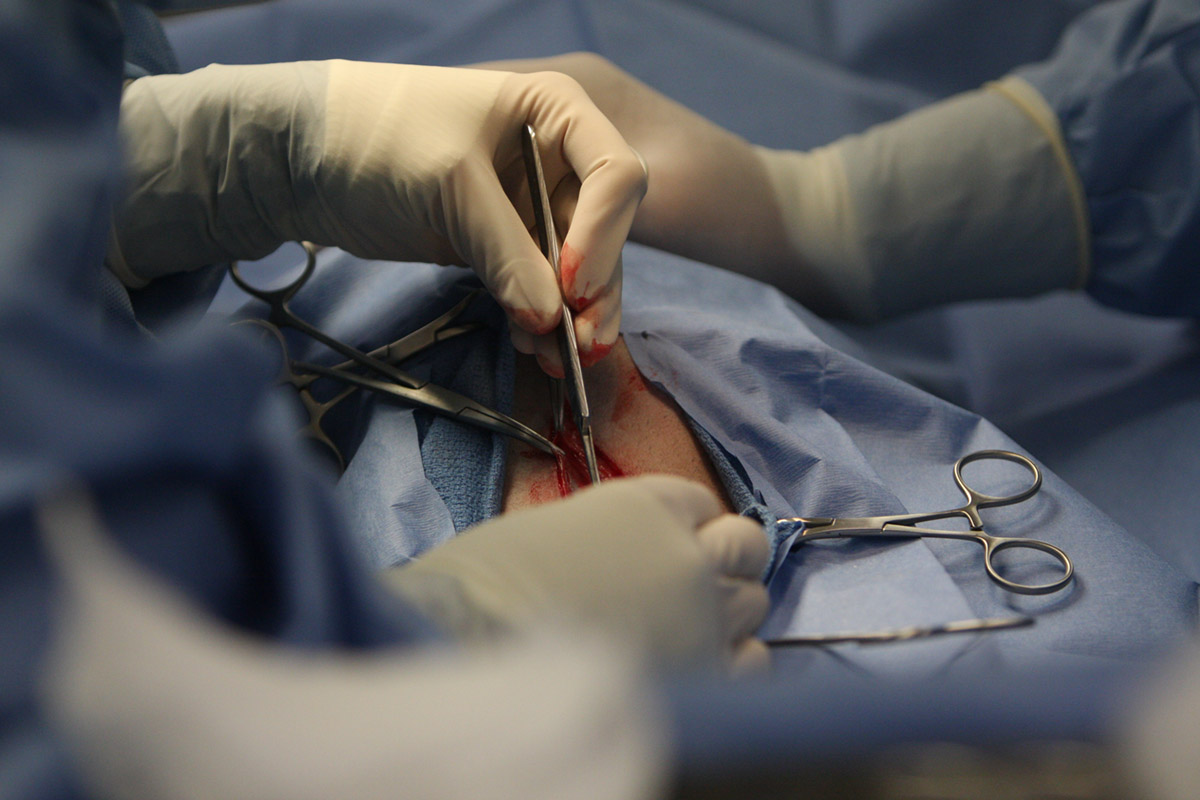
Prolapsed bladder
When the bladder is filled with urine, we have the urge to urinate. This hollow organ sends the urine through our body and sends it out via the urethra. The front area of the vagina has the function of supporting the bladder. When the certain age comes, this wall becomes weak and the bladder can descend to the vagina. This can also happen because of the childbirth stress on the vaginal wall. This situation can lead to discomfort, stress incontinence, and urinary troubles. The stress incontinence is the problem of the urination caused by exertion, coughing, sneezing and other.
There are four grades of prolapsed bladder, and the separation is made based on the length the bladder intrusion into the vagina. The first grade is connected with the small intrusion. With the second grade, the bladder gets into the opening of the vagina, while the bladder will protrude in the third grade. The most serious is the fourth grade, in which the bladder will be outside the vagina, which will be followed with other prolapses of the pelvic organs. The problem with prolapsed bladder is usually connected with menopause. Since the hormone estrogen, which makes the muscles strong, is not produced after the menopause, it is obvious why this leads to prolapsed bladder.
Surgery for prolapsed bladder
The most serious cases will require surgery, which is commonly done through the vagina. The surgery will try to put the bladder in the normal position. For this, an incision is made on the wall of the vagina. The area that became prolapsed is then closed and the wall should become stronger. The anesthesia used can be local, regional or general, which will be decided prior to the surgery. While the recovery for women lasts six weeks, the hospital stay is usually not needed. Consult with the doctor about the risks and the surgery, before you decide to do it. When you go home, you may have to bring catheter. Remember to avoid more demanding physical activities, and later try to increase them gradually. Sex life will be active six weeks after the surgery, while urinating function should get to normal in 2-6 weeks. The problems like urinating problems, painful intercourse and the vaginal wall pressure caused by the internal organs are treated with the surgery. Other problems that can be treated in this way include bowel, rectocele or uterine prolapse. One piece of data states that the problem will return in 20% of patients who had this operation.
This operation involves some risks. They are urinary retention and incontinence, infection, two organs opening or abnormal connection formation, injury of the bladder and painful intercourse. Remember that you should finish with childbirth before this operation, since it can make the problem greater. When it comes to the problems like low back, pelvic and intercourse pain, the surgery sometimes will not eliminate them, since they are associated with urethrocele and cystocele causes. In order to reduce the chances of this problem returning, avoid constipation, smoking, strenuous activities and remember to look after the weight.

















Your thoughts on this
Loading...